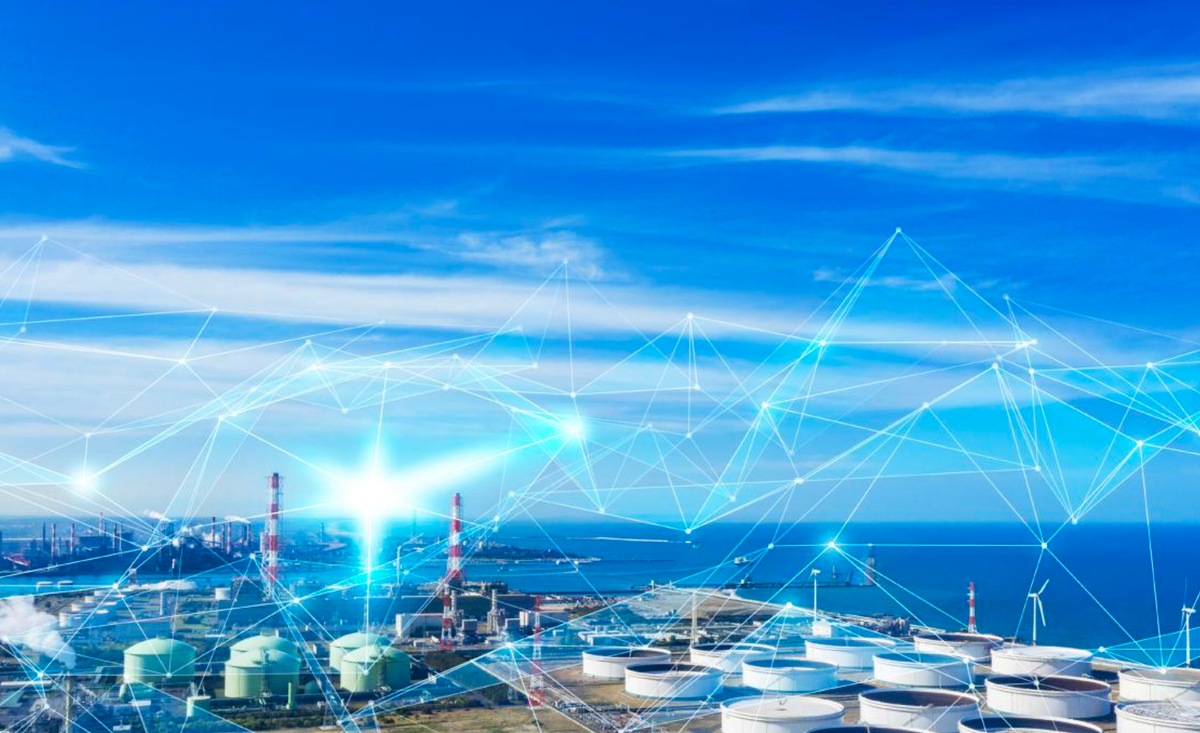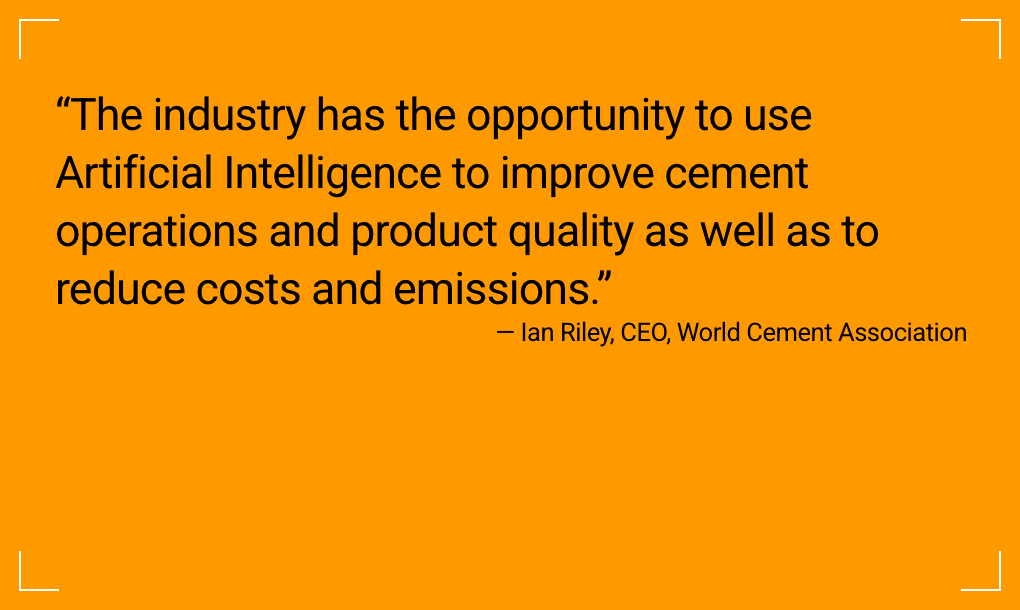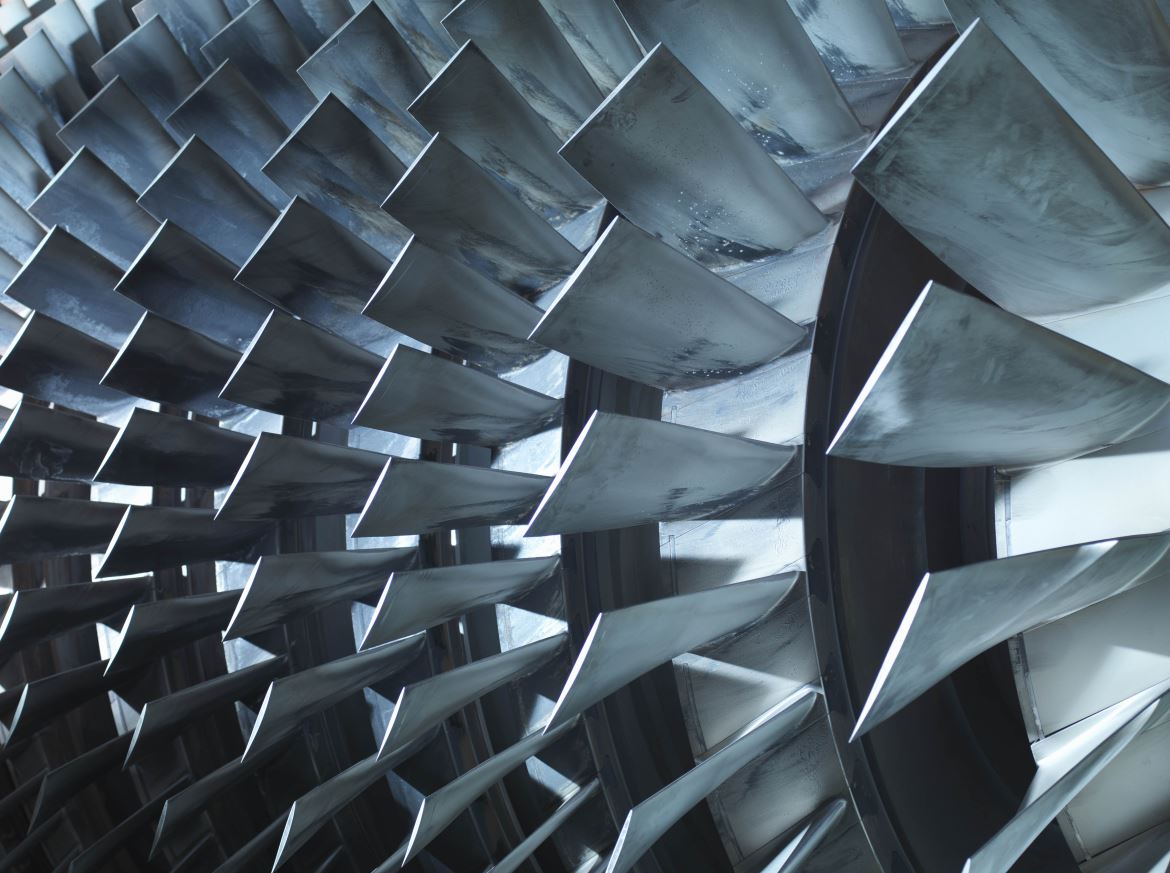Scaling AI Utilisation for Industrial Decarbonisation
A new cross-industry body to leverage AI and accelerate its deployment in the industrial decarbonisation mission - IDAIC

Industrial decarbonisation is an essential objective in the effort to mitigate climate change and its associated impacts on the environment, economy, and public health.
Additionally, decarbonisation contributes to energy security and fosters economic opportunitiesthrough the development of advanced clean technologies and industries. It's considered a cornerstone of our UK economic growth goals - we need to deliver strategies that enable this transition as quickly as possible.
Progress needs to accelerate if we are to achieve our ultimate sustainability objectives and maintain the 1.5°C above pre-industrial level target:
▶️ 2022 global decarbonisation rate was 2.5%
⏩ a year-on-year increase of 17.2% decarbonisation rate is required
A significant challenge arises from the entrenched reliance on fossil fuels within the industrial sector, which are deeply embedded in our wider energy systems and economic structures. It is crucial to address these obstacles collaboratively, as the pursuit of a sustainable future hinges on our capacity to innovate away from 'business as usual' and adapt to pressing environmental challenges.
The Foundation Industries
These are the high-impact sectors we need to address and represent some of our biggest technical challenges:
The Foundation Industries are an essential core to our daily lives in the UK:
🏗️ Supply 75% of the materials
⚙️ Produce 28mil tonnes of materials p/year
⚫ 50 million tonnes of CO2 annually
⚫ 10% of the total CO2 emissions from UK
The energy intensive, large-scale complex operations have challenging risks and high investment costs to consider for electrification pathways and the mitigation of process emissions. In both cases there isn't always a fully derisked or commercialised technology that fully resolves the challenge.
To meet our Net Zero commitments, these industries must undergo transformational changes in how they source and process materials, as well as in the types of products they manufacture. By developing a resource and energy efficient foundation industry, we can enhance production within the UK and improve competitiveness while meeting sustainability objectives.
Transformation Programme
UKRI’s Transforming Foundation Industries (TFI) Challenge, delivered by Innovate UK, EPSRC and ESRC, launched in 2020 to support the foundation industries to decarbonise, accelerate sustainable practices, improve international competitiveness, and facilitate UK job growth.
Some key deliverables:
✅ £66 million funding programme
✅ Unlocked £275m industry follow-on investment
✅ Over 100 collaborative projects
✅ University technology transfer [TRANSFIRE and TFI Network +]
✅ £40m invested in industry test bed capabilities and facilities
✅ Training and early career development
You can explore more of the specific project outcomes and specific funding allocations here.

The programme has been an incredible success - so how do we move forward and facilitate the next phase of industrial decarbonisation?
The Advancement of AI
Although ever present in the media and now seemingly part of our daily lives, its application within industrial decarbonisation remains largely underutilised.
A partnership between Nexus Climate, Cleantech for UK and Innovate UK Business Connect has created a new cross-industry coalition to leverage AI and accelerate its deployment in the industrial decarbonisation mission.
The Industrial Decarbonisation AI Coalition [IDAIC] aims to address several significant barriers to deployment and scaling, including the necessity for comprehensive and well-curated datasets that support open and collaborative research. Additionally, the integration of multidisciplinary knowledge encompassing AI, materials science, chemistry, physics, and industrial processes will be core to our function.
Through its establishment, IDAIC presents a compelling opportunity for businesses to embrace interdisciplinary expertise, thereby fostering advanced R&D and collaboration. By developing innovative AI tools to confront the challenges obstructing industrial decarbonisation, the coalition is well-positioned to lead efforts toward a sustainable industrial future.
Our team leaders:

Founding partners include MAKE UK, World Cement Association, Decarb Connect, Carbon Re, The International Research Center on Artificial Intelligence under the Auspices of UNESCO (IRCAI) Nexus Climate and Cleantech for UK, with more joining weekly. We are positioned to accelerate UK industrial decarbonisation, and additionally develop solutions and pathways for other countries to follow this pioneering programme.

Our Mission
To unlock the potential of AI and machine learning in supporting industrial decarbonisation by enabling advanced R&D, industry collaboration and solutions development.
Our Focus
Our initial focus will be on education, awareness, and identifying sectoral opportunities. Ultimately we aim to facilitate novel R&D and solutions development in the areas of AI for industrial processing and materials discovery.
Next Steps
Our launch in December 2024 has delivered a strong initial response across all industry stakeholders.
We are now inviting manufacturers, industrial producers, startups, and research organisations working at the intersection of AI and industrial sustainability to join our mission.
You can apply for membership here and we welcome opportunities to collaborate on content, case studies and insights around AI/ML for industrial decarbonisation.
On 2nd April 10:30-12:00 UK, we are holding an online introduction session to IDAIC for those interested to join the coalition. Sign up here.
About the Author
Christopher Pilgrim
Christopher Pilgrim is in the Materials and Manufacturing team at Innovate UK Business Connect, focusing on facilitating innovation towards resource and energy efficiency. Chris supports the Transforming Foundation Industries Challenge and other projects including AI applications in the materials value chain.
His background is in materials and mechanical engineering. He completed an engineering doctorate with an Imperial College spin-out company looking into smart coating materials and measurement. Since, he worked in technical management roles to drive the development of the technology for commercial applications and then in quality assurance for a global aerospace manufacturer.
You can follow Christopher on LinkedIn here
Materials Team at Innovate UK Business Connect:








